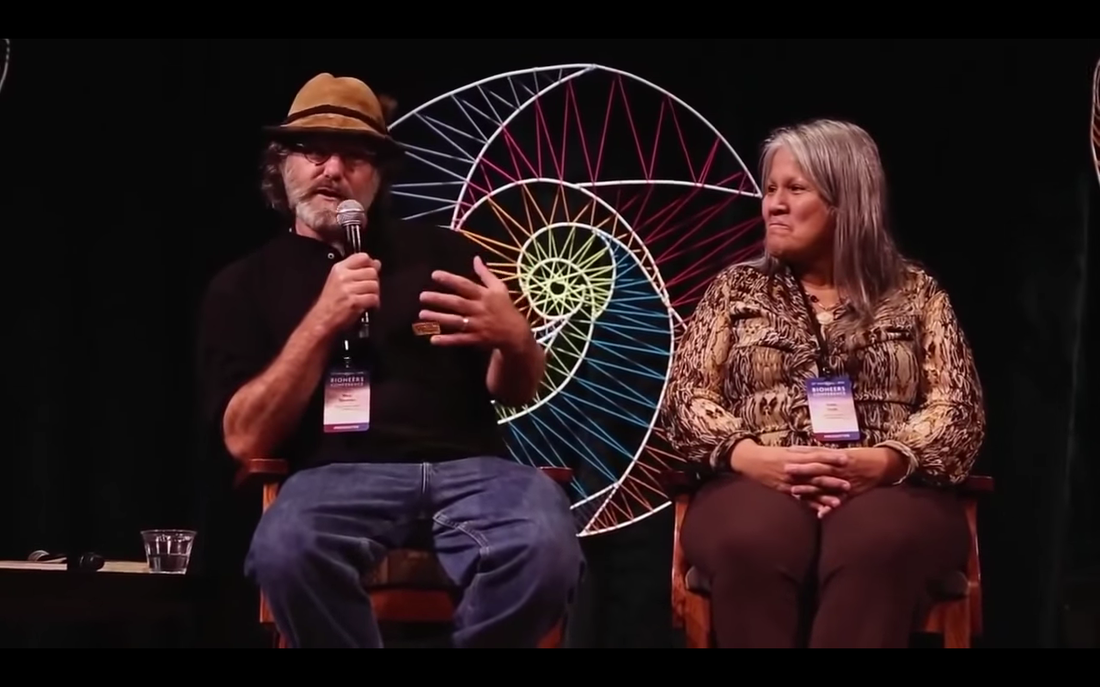In the video below, Paul Stamets mentions psilocybin mushrooms having the ability to reestablish different patterns in the neural network. The implications of a medicine being able to positively reestablish neural connections are confounding. Many psilonauts indeed report positive changes in negative behavior, such as abating their addiction of smoking carcinogenic cigarettes--an addiction attributed to killing 5 Million people a year worldwide. Over two years ago, Johns Hopkins researchers published in the Journal of Psychopharmacology a thrilling success rate in a pilot study using psilocybin to help heavy smokers quit. It was observed that 80% of smokers managed to stop smoking for six months after their three psilocybin sessions. The most popular answer to the reason behind their newfound tobacco abstinence was that "by changing the way you orient yourself toward the future, such that you now act in your long-term holistic benefit, rather than acting in response to immediate desire." We should not foolishly dismiss the monstrous numbers related to this plague that affects one billion people worldwide, according to the World Health Organization (WHO). If the liquid nature of psilocybin can potentially help to positively rearrange the electric networks of our liquid mind, why would the federal government slam this mystical chemical shut in the incarcerated, medically-useless category of Schedule 1? With all of the information shining light on psilocybin's healing potential, why not boost psilocybin up a Schedule or two? Or take Portugal's border-line utopian stance and decriminalize it--especially because psilocybin mushrooms naturally grow all around the globe. It's not uncommon to find psilocybes growing in the front lawns of schools, courthouses and police stations in the south eastern and north western parts of the United States.
|
Every so often you hear of intriguing medicines treating intriguing maladies. For example, the psychoactive alkaloid, Ibogaine, obliterating hopeless opiate dependence in addicts--or LSD helping to ameliorate end-of-life anxiety for the terminally-ill—or how about Psilocybin Mushrooms zapping away the excruciating brain pain felt by sufferers of cluster headaches? (A sensation so severe it is often described as the worst pain known to medical science.) Well, the same mushrooms that seem to mitigate the excruciatingly incurable pain related to cluster headaches, might also hold the molecular key for the 70 Million people suffering from stuttering worldwide. In the video below, Paul Stamets mentions psilocybin mushrooms having the ability to reestablish different patterns in the neural network. The implications of a medicine being able to positively reestablish neural connections are confounding. Many psilonauts indeed report positive changes in negative behavior, such as abating their addiction of smoking carcinogenic cigarettes--an addiction attributed to killing 5 Million people a year worldwide. Over two years ago, Johns Hopkins researchers published in the Journal of Psychopharmacology a thrilling success rate in a pilot study using psilocybin to help heavy smokers quit. It was observed that 80% of smokers managed to stop smoking for six months after their three psilocybin sessions. The most popular answer to the reason behind their newfound tobacco abstinence was that "by changing the way you orient yourself toward the future, such that you now act in your long-term holistic benefit, rather than acting in response to immediate desire." We should not foolishly dismiss the monstrous numbers related to this plague that affects one billion people worldwide, according to the World Health Organization (WHO). If the liquid nature of psilocybin can potentially help to positively rearrange the electric networks of our liquid mind, why would the federal government slam this mystical chemical shut in the incarcerated, medically-useless category of Schedule 1? With all of the information shining light on psilocybin's healing potential, why not boost psilocybin up a Schedule or two? Or take Portugal's border-line utopian stance and decriminalize it--especially because psilocybin mushrooms naturally grow all around the globe. It's not uncommon to find psilocybes growing in the front lawns of schools, courthouses and police stations in the south eastern and north western parts of the United States.
3 Comments
|
Categories
|

 RSS Feed
RSS Feed
